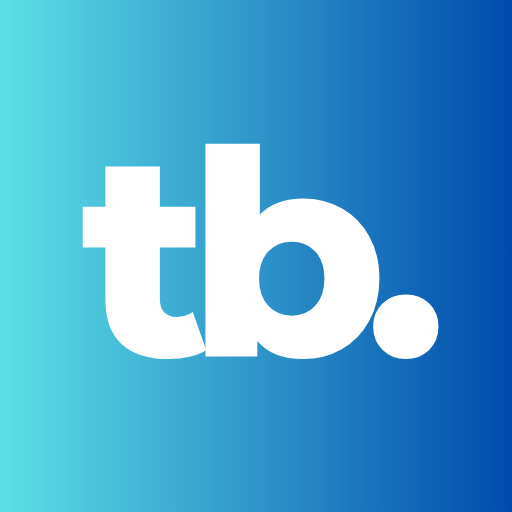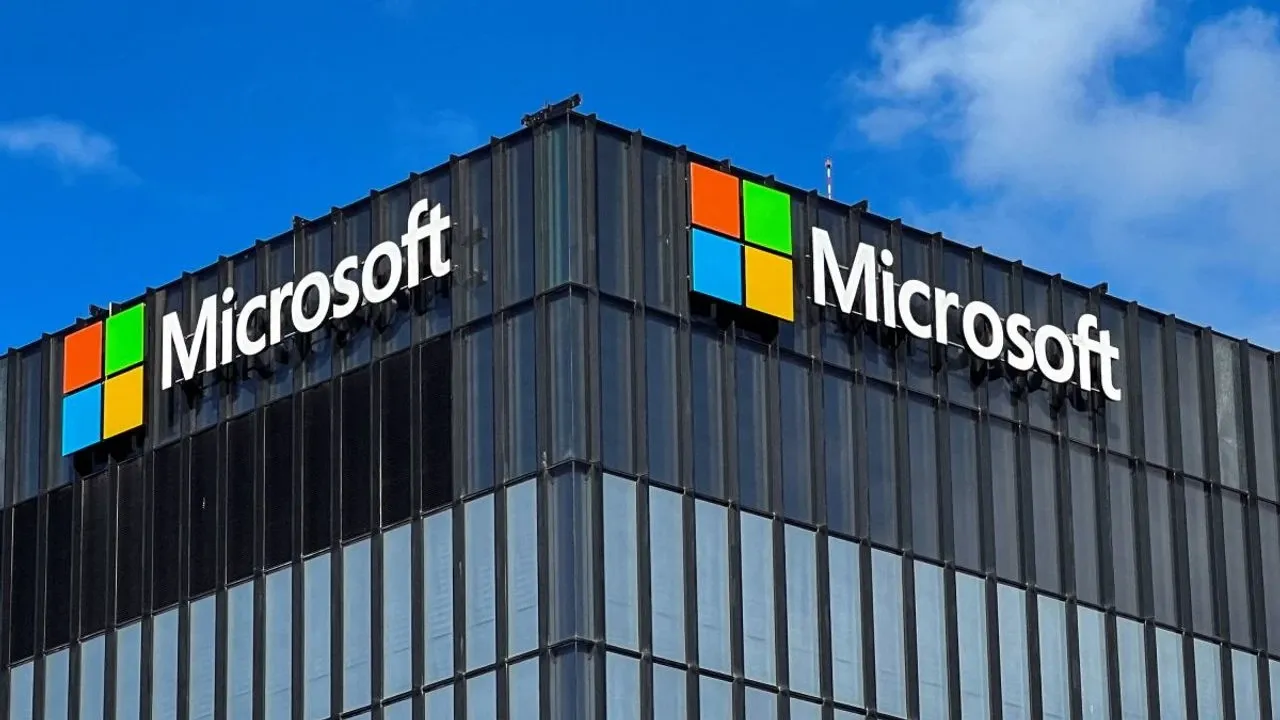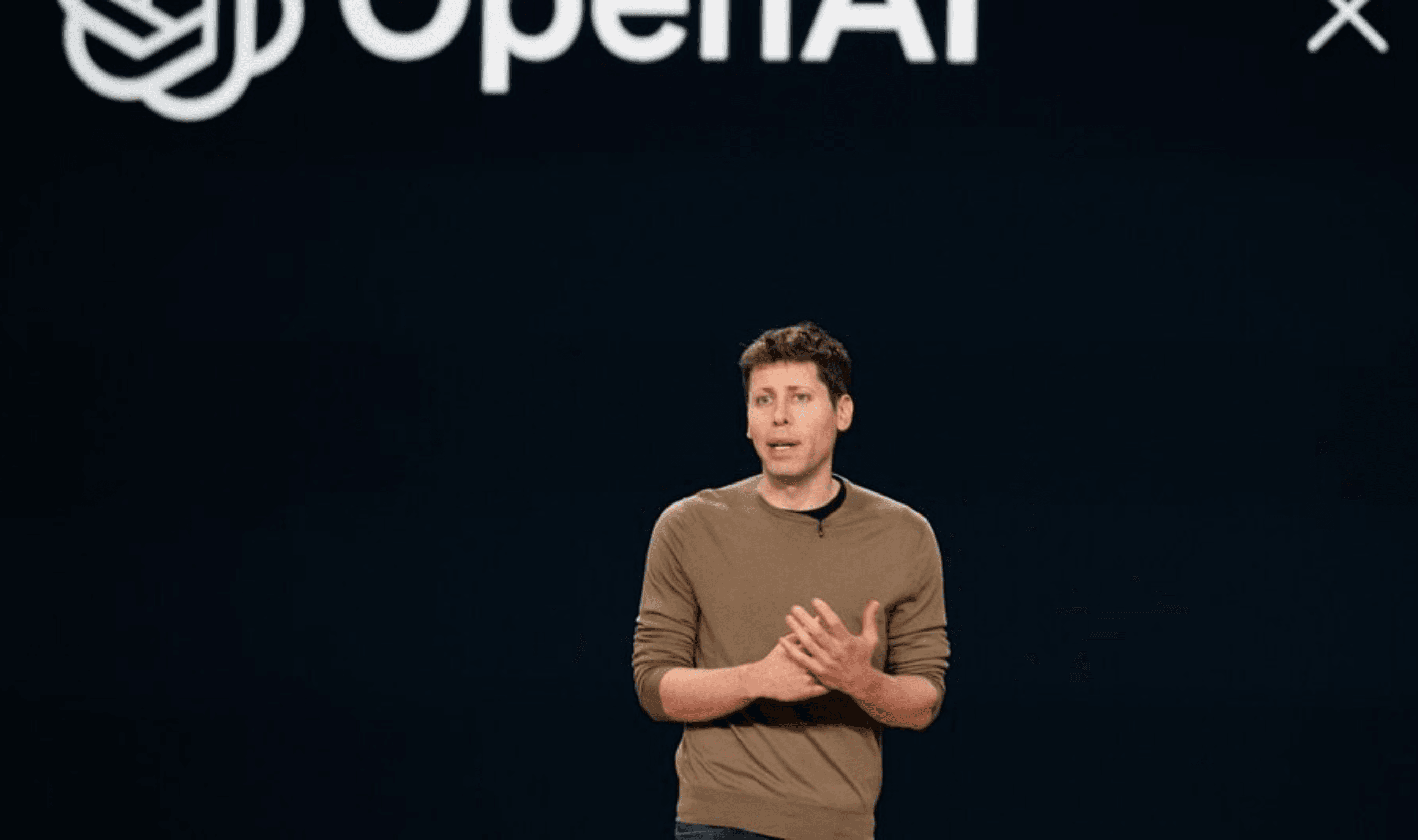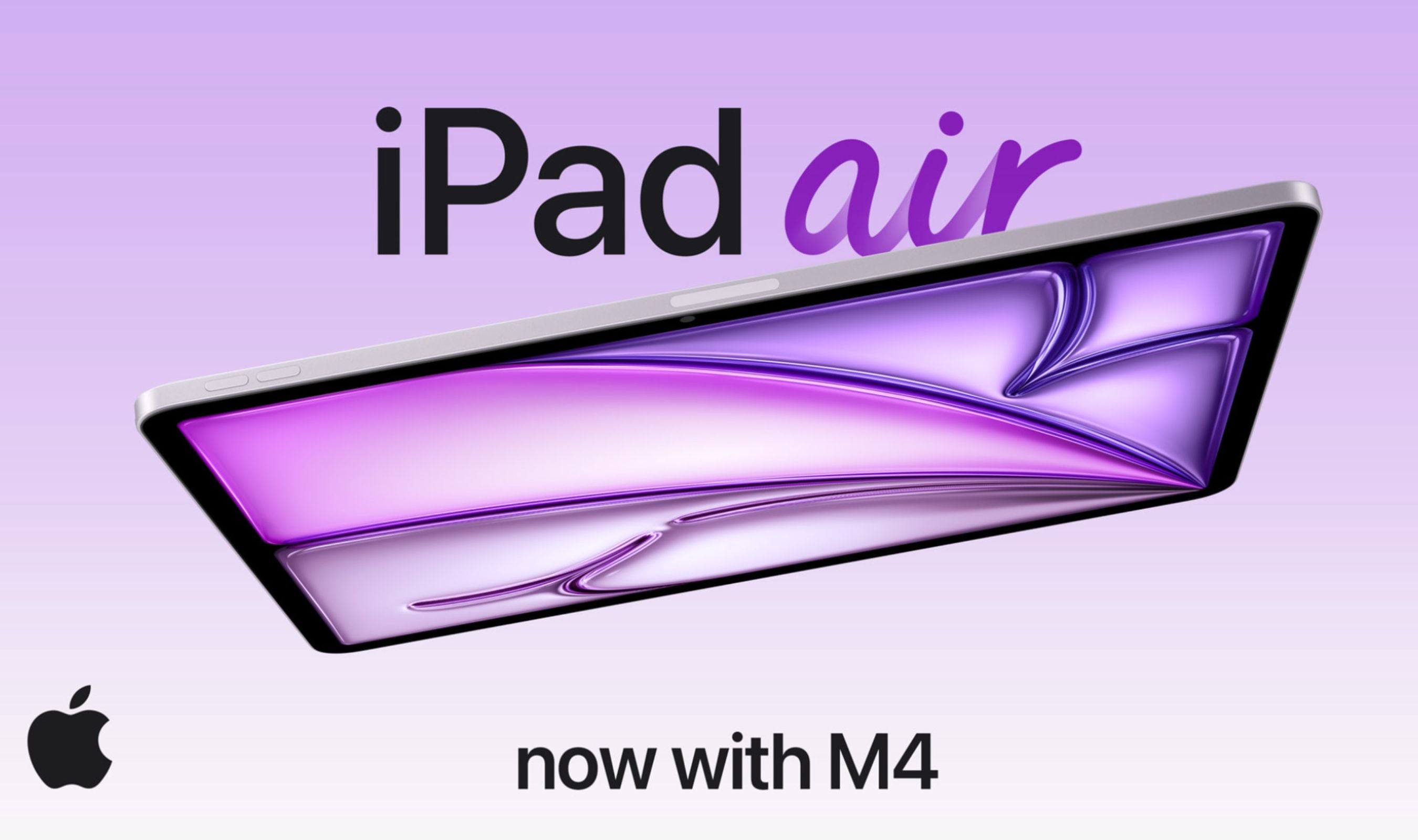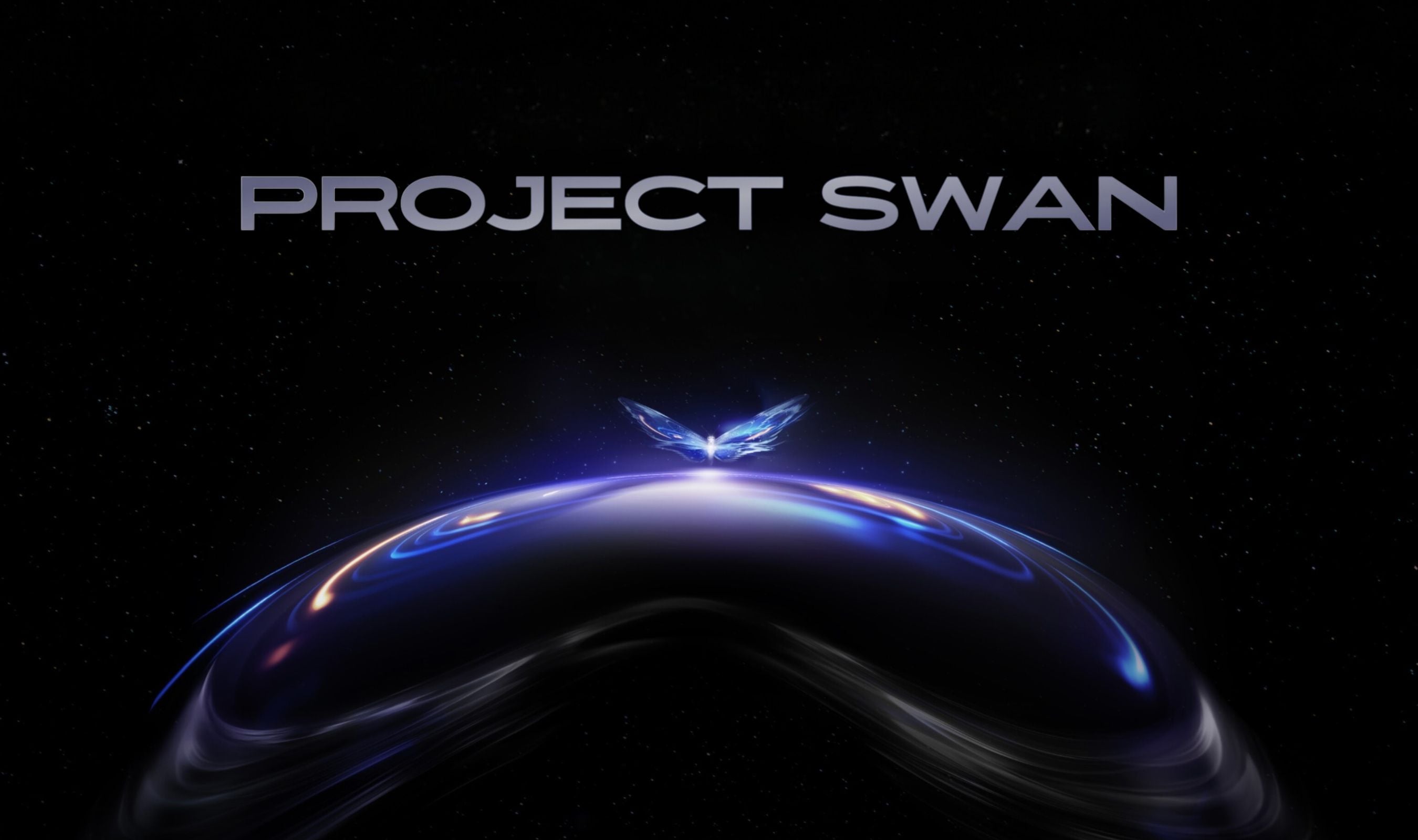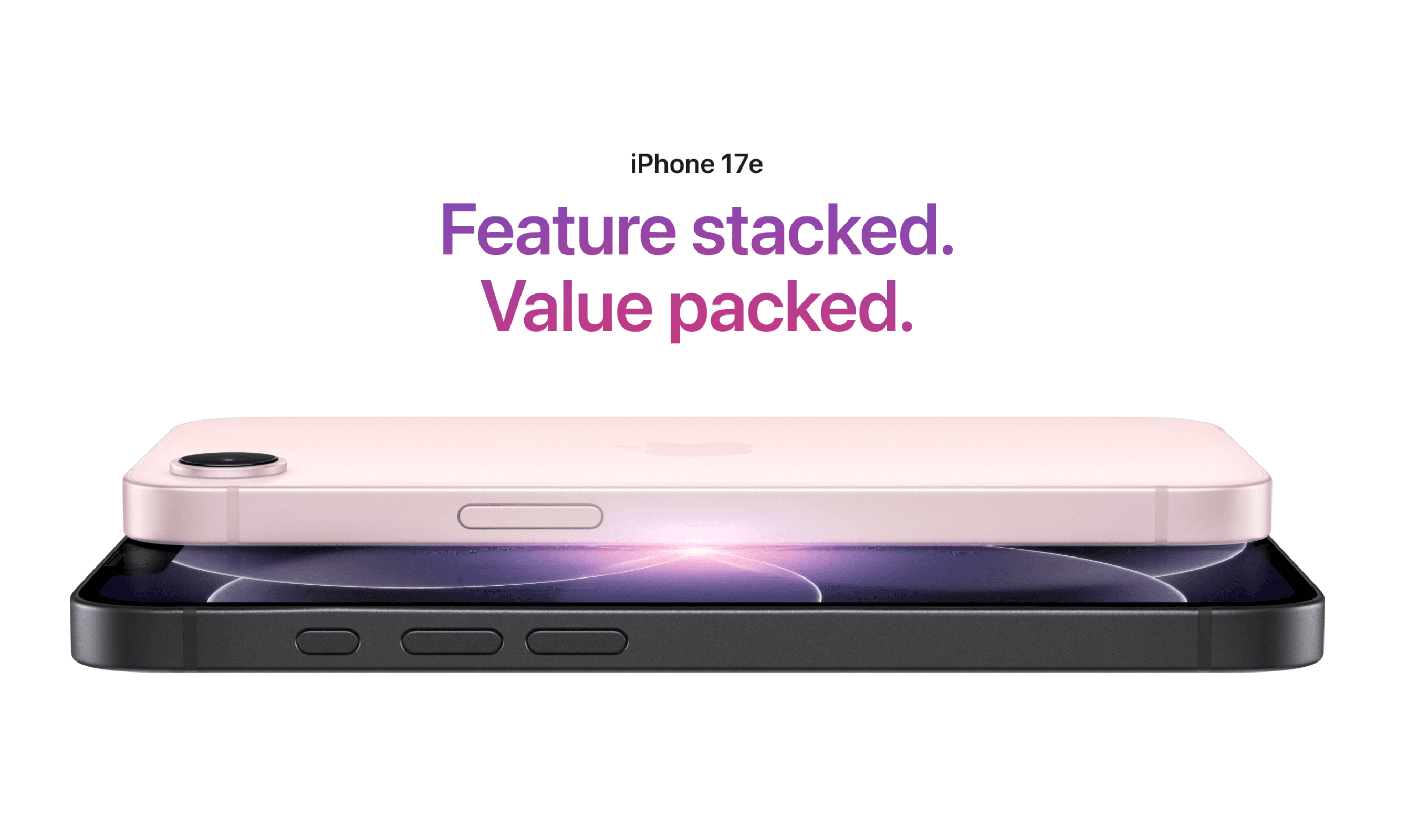The federal government is getting some serious deals on cloud services these days. Microsoft just announced a massive OneGov agreement with the General Services Administration (GSA) that could save agencies $3.1 billion in the first year alone, complete with free AI tools that would normally cost hundreds per user.
But here's the thing: this isn't just Microsoft being generous. It's the latest salvo in what's shaping up to be an all-out price war for Uncle Sam's cloud business, and the discounts are getting wild.
The Microsoft deal, announced Tuesday, offers steep discounts across the company's entire cloud portfolio. Microsoft 365, Azure Cloud Services, Dynamics 365, and cybersecurity tools are all getting marked down for up to 36 months. The crown jewel? Microsoft 365 Copilot will be completely free for G5 government customers for the first 12 months. That's the premium AI assistant that typically runs organizations hundreds of dollars per user annually.
"GSA is proud to partner with technology companies, like Microsoft, to advance AI adoption across the federal government," said GSA Deputy Administrator Stephen Ehikian. The deal positions Microsoft's AI tools as essential infrastructure for government operations, from supply chain management to field responsiveness.
The Competition Gets Fierce
Microsoft's timing isn't coincidental. Less than two weeks ago, GSA announced a "Gemini for Government" package with Google that pairs AI services and cloud computing at deeply discounted rates. That followed an even more dramatic move earlier in 2025: a 71% reduction on Google Workspace for federal agencies, with potential savings in the billions.
Amazon Web Services wasn't about to sit this one out either. AWS inked its own government-wide arrangement in August, offering up to $1 billion in credits for cloud services, modernization support, and training through 2028. The message is clear: everyone wants a piece of the federal pie, and they're willing to slash prices to get it.
The competitive landscape gets even more interesting when you look at the smaller players making big moves. Oracle has reportedly been dangling concessions as steep as 75% off license-based software and substantial cloud discounts. Even OpenAI struck a OneGov agreement, offering federal agencies ChatGPT Enterprise for just $1 per agency for the first year. Adobe, Box, and DocuSign have rushed to join the program too, slashing their e-signature and content-management tools by 65-70%.
This isn't just corporate goodwill. The federal cloud and productivity stack represents what industry insiders are calling "a once-in-a-decade land grab." With the government pushing hard on AI adoption as part of America's AI Action Plan, agencies need modern tools fast. And tech companies know that whoever gets embedded in federal workflows now could have those contracts for years to come.
The stakes are particularly high for Microsoft. While the company has partnered with the U.S. government for over four decades, it's facing some headwinds on the security front. A recent survey commissioned by Google Cloud found that many government workers have concerns about Microsoft's security posture, with more than 50% saying other products could help them do their jobs better. The SolarWinds breach in 2020, which may have cost governments and businesses more than $100 billion, highlighted vulnerabilities in legacy systems that many agencies still rely on.
Microsoft's aggressive pricing appears designed to overcome those concerns through sheer value. The company is betting that free AI tools and massive discounts will be too attractive for cash-strapped agencies to pass up, especially when paired with enhanced security features in their G5 government plans.
The GSA's OneGov strategy is clearly working. By leveraging the federal government's collective purchasing power, the agency is forcing tech companies into a competitive race to the bottom on pricing. Federal agencies get better tools for less money, while vendors compete on features and implementation rather than just cutting costs.
For government workers, this price war translates to access to cutting-edge AI tools that would have been budget-busting just a few years ago. Microsoft 365 Copilot can help with everything from writing reports to analyzing data, while Google's Gemini offers similar capabilities across the Workspace suite.
What happens when these promotional periods end remains unclear. Neither Google nor Microsoft has revealed what pricing will look like after the free and heavily discounted periods expire. But for now, federal agencies are getting a front-row seat to watch tech giants battle it out with some of the most aggressive enterprise software pricing we've seen in years.
The message from Washington is simple: if you want government business, you better bring your best deal. And judging by these offers, everyone's definitely listening.


